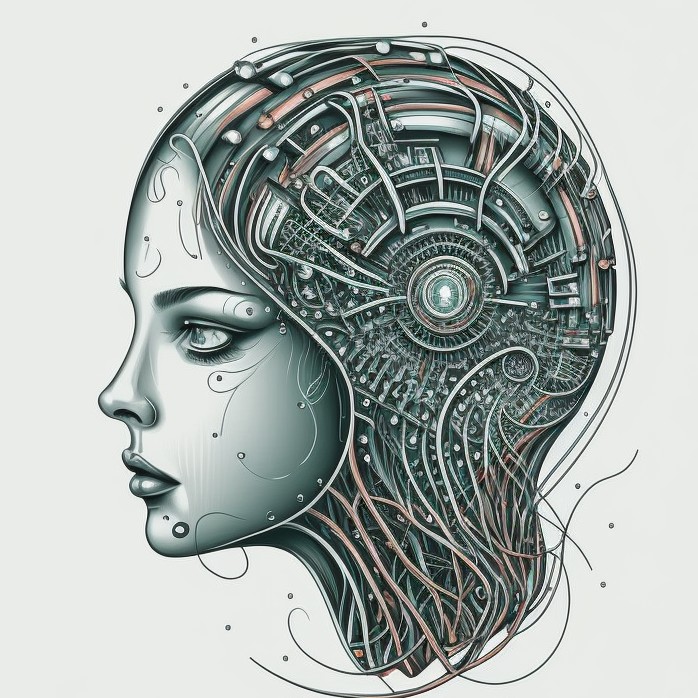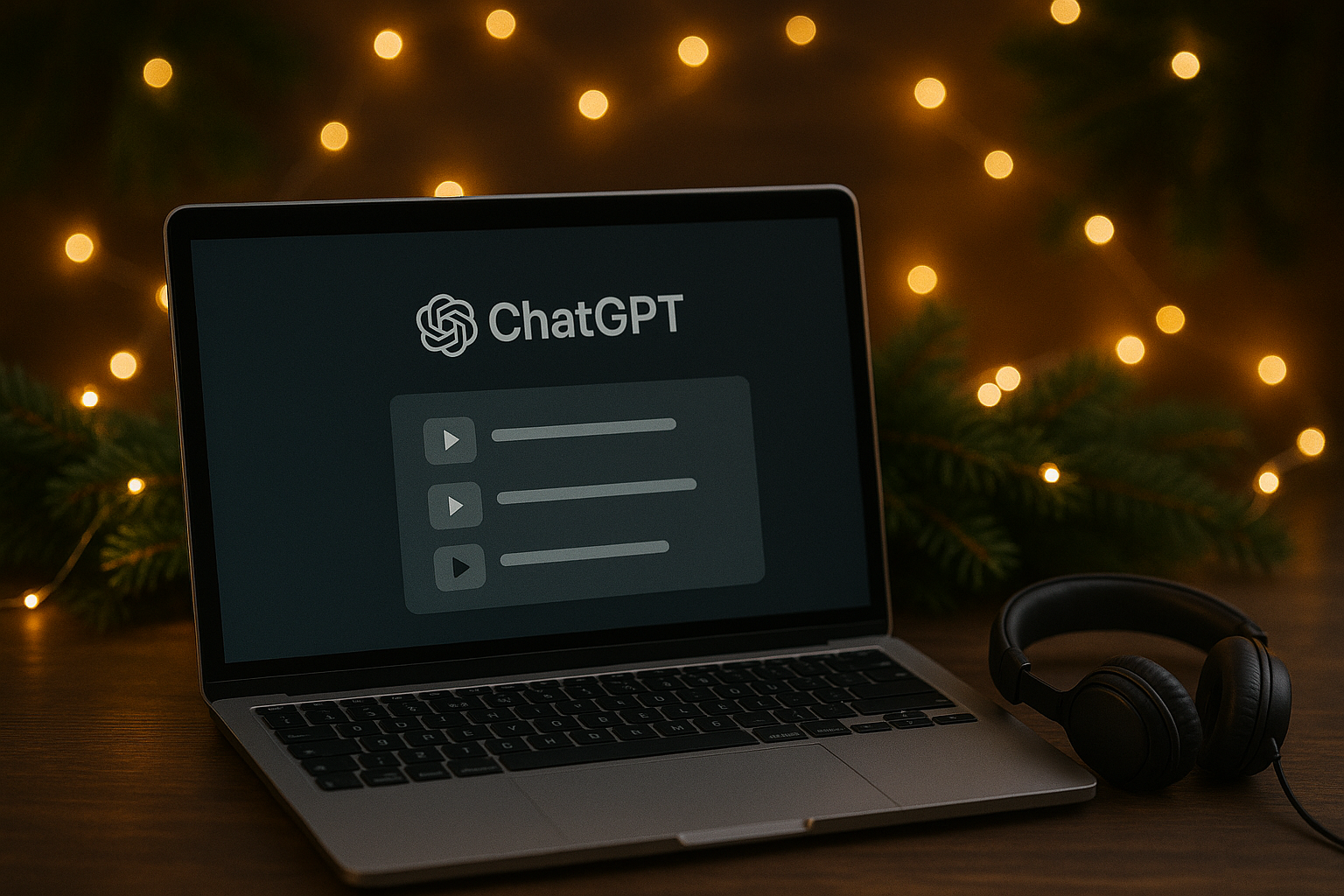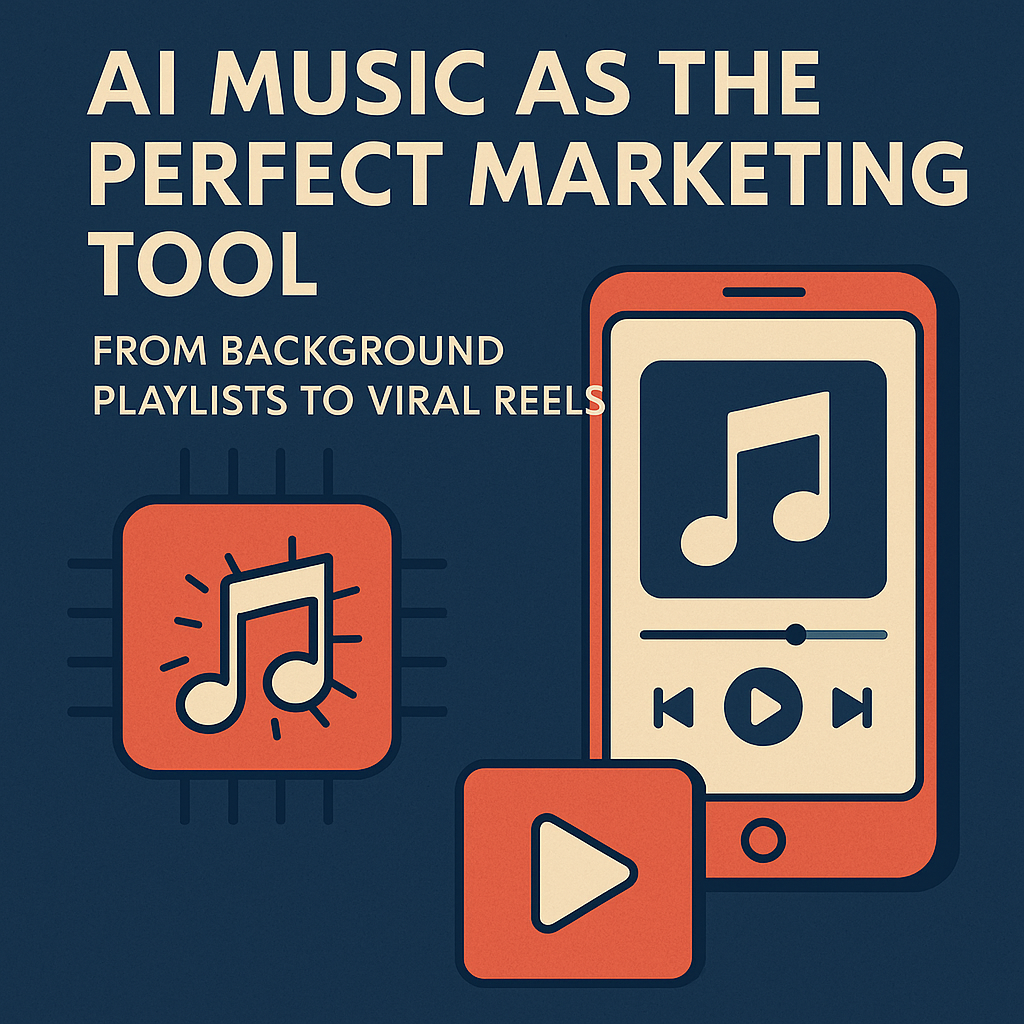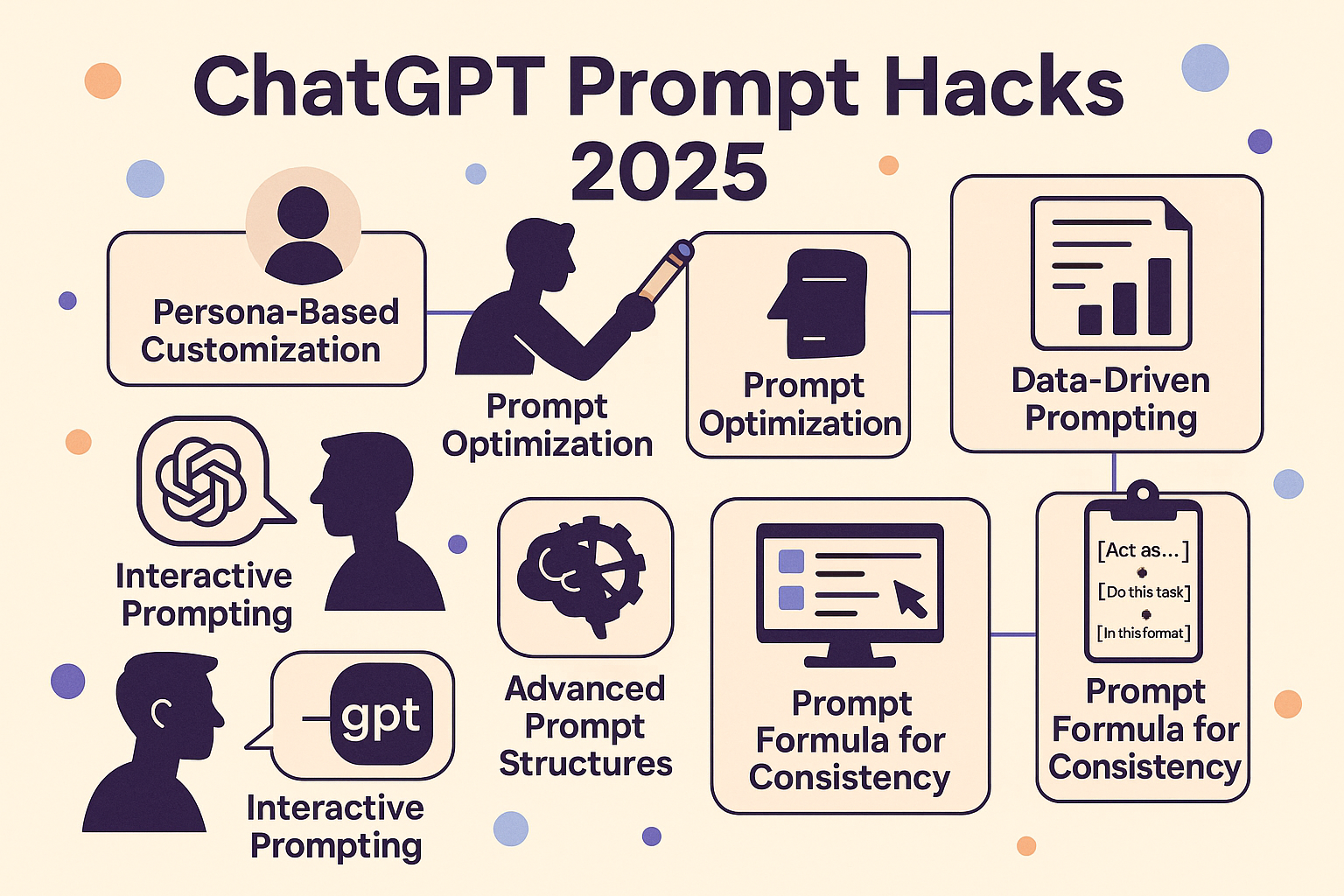Essay: ChatGPT in Medical Environment: A Comprehensive Analysis
Revolutionizing Healthcare: An In-depth Analysis of ChatGPT's Role in Medical Environments
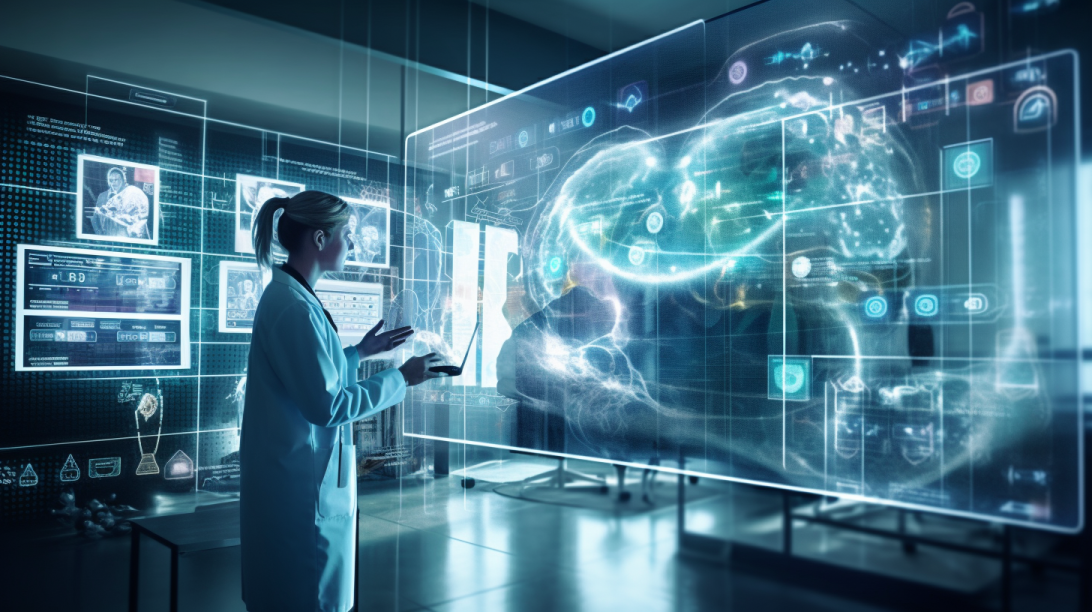
Artificial Intelligence (AI) has been making significant strides in various sectors, and healthcare is no exception. One of the most impressive advancements in this field is the development of ChatGPT, a large language model developed by OpenAI. This AI tool has demonstrated remarkable capabilities in generating human-like responses to text prompts, making it a potential game-changer in healthcare. This essay explores the potential applications, benefits, and challenges of implementing ChatGPT in a medical environment, drawing insights from various reputable sources.
The Potential of ChatGPT in Healthcare
ChatGPT's potential in healthcare is vast and multifaceted. It can serve as a virtual assistant, helping with tasks such as booking appointments and managing patient information remotely1. For instance, patients can interact with ChatGPT to schedule their appointments, reducing the administrative burden on healthcare staff. Additionally, ChatGPT can manage and organize patient information, ensuring that healthcare providers have easy access to necessary data when making clinical decisions.
ChatGPT can also provide clinical decision support, summarizing medical histories, translating technical terms, and identifying potential participants for clinical trials2. For example, it can analyze patient data to identify individuals who meet the criteria for specific clinical trials, thereby accelerating the recruitment process. It can also translate complex medical jargon into understandable language, making it easier for patients to understand their conditions and treatment options.
Moreover, ChatGPT can be used to develop symptom checkers that provide guidance on next steps and self-care measures before seeking medical attention3. These symptom checkers can ask patients about their symptoms and provide advice based on the responses. This can help patients determine whether they need to seek immediate medical attention or if they can manage their symptoms at home.
ChatGPT can also enhance medical education by creating interactive educational tools for medical students4. For instance, it can generate case studies and quizzes to help students test their knowledge and understanding of various medical topics. It can also provide explanations and clarifications for complex medical concepts, making it a valuable learning tool.
Furthermore, ChatGPT can improve mental health support, remote patient monitoring, medication management, and disease surveillance5. For example, it can monitor patients' symptoms remotely and alert healthcare providers if there are any significant changes. It can also provide medication reminders and information about potential side effects, helping patients manage their medications effectively. In terms of disease surveillance, ChatGPT can analyze large amounts of data to identify trends and patterns, helping to predict and prevent disease outbreaks.
The Benefits and Challenges
While the benefits of ChatGPT in healthcare are substantial, it is crucial to address the challenges and ethical considerations that come with its use. Data privacy and safety are paramount, especially in a field as sensitive as healthcare6. It is essential to ensure that patient data is securely stored and that the use of AI tools like ChatGPT complies with data protection regulations.
It is also important to note that while ChatGPT has demonstrated impressive capabilities, it should not be relied upon to make healthcare decisions without human oversight7. Despite its advanced AI capabilities, ChatGPT does not have the same level of clinical expertise and judgment as a human healthcare provider. Therefore, it should be used as a tool to assist healthcare providers, not replace them.
Moreover, the use of AI in healthcare raises important questions about equity. On the one hand, AI tools like ChatGPT can potentially make healthcare more accessible by providing information and support to patients who may not have easy access to healthcare professionals8. On the other hand, there is a risk that these tools could exacerbate existing health disparities if they are not accessible or useful to all populations9.
The Futureof ChatGPT in Healthcare
The technology behind ChatGPT is likely to continue to improve, making it even more useful for healthcare. Future iterations of large language models like ChatGPT could potentially overcome some of the current limitations, such as the generation of nonsensical output or "hallucinations" and biases embedded in training datasets[^10^].
For instance, future versions of ChatGPT could be trained on more recent data, ensuring that they are up-to-date with the latest medical knowledge and guidelines. They could also incorporate more sophisticated techniques for understanding and generating language, making their responses even more accurate and relevant.
Moreover, as AI becomes more integrated into healthcare, there will likely be more opportunities for collaboration between AI tools like ChatGPT and human healthcare providers. For example, ChatGPT could be used to assist healthcare providers in diagnosing and treating patients, while the healthcare providers provide the necessary human oversight and judgment.
In conclusion, ChatGPT holds significant potential for revolutionizing healthcare. However, it is essential to navigate its implementation carefully, considering both the benefits and the challenges. As we move forward, it is crucial to ensure that the use of AI in healthcare is guided by principles of safety, efficacy, and equity.
References
Footnotes
- CNN - ChatGPT may have better bedside manner than some doctors, but it lacks some expertise ↩
- News Medical - What does ChatGPT mean for Healthcare? ↩
- Forbes - Revolutionizing Healthcare: The Top 14 Uses Of ChatGPT In Medicine And Wellness ↩
- NEJM Catalyst - An Interview with ChatGPT About Health Care ↩
- The Medical Futurist - ChatGPT In Healthcare: What Science Says ↩
- News Medical - What does ChatGPT mean for Healthcare? ↩
- CNN - ChatGPT may have better bedside manner than some doctors, but it lacks some expertise ↩
- NEJM Catalyst - An Interview with ChatGPT About Health Care ↩
- Nature Medicine - Will ChatGPT transform healthcare?
Author's Note
This essay was written by ChatGPT, an AI developed by OpenAI, in response to the following prompt: "You are an international scientist on AI in medical settings. You are going to write an essay for chatgptpromptshub.com about how ChatGPT can be used in a medical environment. Make it an official essay. Be inspired by the list below. Quote (official) sources or other scientific essays. Use a formal list of sources at the end of the essay. End the essay by stating that this was written by chatgpt and share the prompt used." The essay was inspired by the following sources:
- Nature Medicine - Will ChatGPT transform healthcare?
- Forbes - 5 Ways ChatGPT Will Change Healthcare Forever, For Better
- The Medical Futurist - 6 Potential Medical Use Cases For ChatGPT
- Forbes - Revolutionizing Healthcare: The Top 14 Uses Of ChatGPT In Medicine And Wellness
- The Economist - How good is ChatGPT?
- Harvard Business Review - ChatGPT and How AI Disrupts Industries
- PubMed - The role of AI in healthcare: a systematic review
The essay provides a comprehensive analysis of how ChatGPT can be used in a medical environment, discussing potential applications, benefits, and challenges. It concludes by emphasizing the need for careful implementation and oversight to ensure that the use of AI in healthcare is safe, effective, and equitable.
